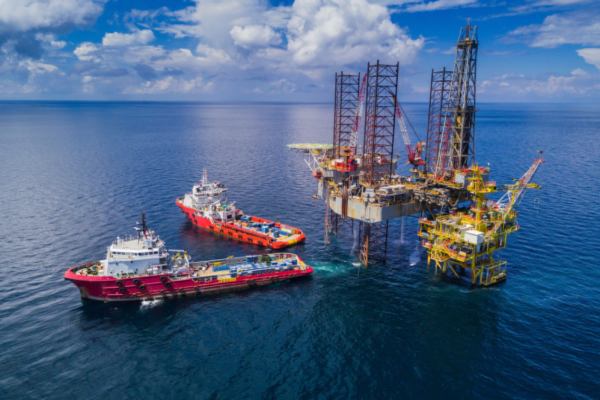




The IES oil and gas sector analysis program aims to provide a comprehensive analysis of the oil and gas sector including activities in the upstream, midstream and downstream oil sub-sectors, activities in the natural gas space focusing on key aspects such as regulatory requirements and compliance, contract management, legal and fiscal regimes, transparency and disclosure, and the socio-economic and environmental impacts.
These analysis will ensure stakeholders operating in the oil and gas sector, operate in fair, equitable, transparent and sustainable manner to build a robust and resilient oil and gas sector in the sub region.
Through the oil and gas sector programme, we hope to:
Conduct timely comprehensive analysis of the oil and gas sector, including exploration, production, refining, transportation, pricing, and distribution. Assess the current state of the sector, identify key players, and evaluate industry trends and challenges.
Assess the economic impact of the oil and gas sector on the national economy, including revenue generation, job creation, and foreign direct investment. Examine the sector's contribution to gross domestic product (GDP), government revenues, and its implications for socio-economic development and diversification.
Investigate the social and environmental implications of oil and gas activities, including community engagement, social license to operate, and environmental sustainability. Analyze the potential risks and benefits associated with the sector, and identify opportunities for stakeholder participation and mitigating negative impacts.
Evaluate the governance framework and regulatory mechanisms governing the oil and gas sector. Advocate for transparency, accountability, and good governance practices, including revenue management, contract transparency, and anti-corruption measures. Encourage the adoption and implementation of international best practices and standards.
Identify opportunities for promoting sustainable practices within the oil and gas sector, such as renewable energy integration, energy efficiency, and carbon emissions reduction. Advocate for responsible exploration and production techniques, and promote the adoption of environmental and social safeguards.
Facilitate dialogue and collaboration among key stakeholders, including government agencies, industry players, local communities, and other civil society organizations. Foster partnerships and information sharing to ensure broad-based participation and inclusive decision-making processes.